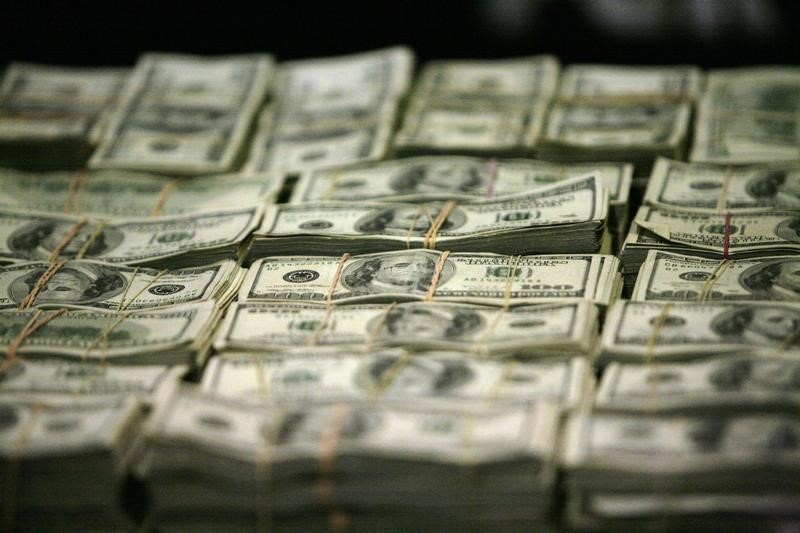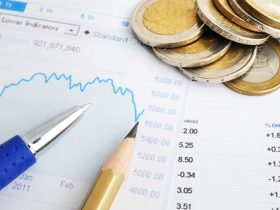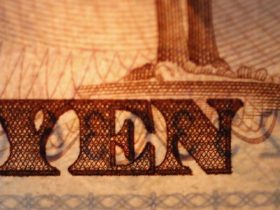Investing.com – The U.S. dollar slipped slightly in early European trade Wednesday, easing back from a two-month high ahead of more cues on monetary policy from the Jackson Hole Symposium this week.
At 03:05 ET (07:05 GMT), the , which tracks the greenback against a basket of six other currencies, traded 0.1% lower at 103.402 but remained not far from the two-month high of 103.71 seen on Tuesday.
U.S. yields retreat from highs
The dollar has edged lower Wednesday as the has retreated from Tuesday’s peak of 4.366%, a 16-year high, to trade around 4.3%.
Yields have soared because of a number of factors, but prime among them are expectations for higher rates for longer amid a resilient economy.
More evidence of this is likely to come from the release of flash U.S. August PMIs for both and , with the expected to remain in expansion territory.
However, the week’s highlight will be the speech by Federal Reserve Chair at the later this week, with investors seeking guidance on whether the Fed head believes more policy tightening will be needed to bring down , or if enough progress has been made to keep rates on hold.
U.K., eurozone PMIs due
rose 0.1% to 1.0855 and climbed 0.1% to 1.2748 ahead of the release of flash August PMIs for both manufacturing and services for Britain and the euro area as a whole.
Eurozone and UK PMIs have been sliding in recent months, amid stagnation in the service sector coupled with a contraction in the manufacturing activity.
Yen traders on intervention watch
fell 0.2% to 145.66, after Japanese PMI readings showed some resilience in local through August.
That said, the pair remains not far off the nine-month high of 146.565 seen last week, as traders watch for any signs of intervention given that Japanese authorities started buying yen late last year when the dollar broke above ¥145.
Elsewhere, fell 0.1% to 7.2843, with the yuan supported by a substantially stronger-than-expected daily midpoint from the PBOC, and rose 0.1% to 0.6428, after the release of Australian PMI data.
Read the full article here












Leave a Reply